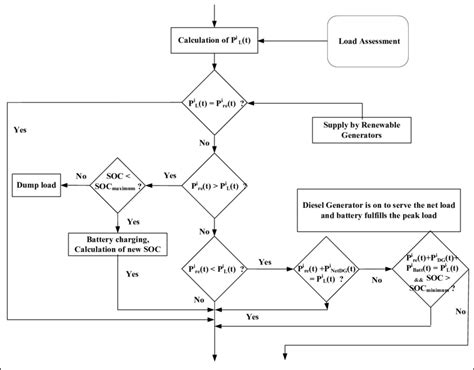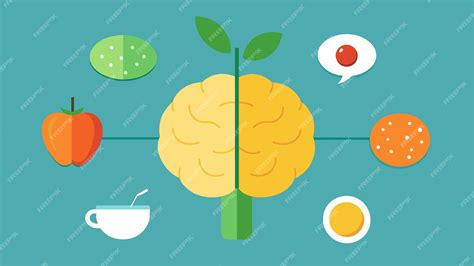Optimize daily nutrition for sustained energy, mental clarity, & performance?

Fueling Your Best Self: A Deep Dive into Daily Nutrition
In today’s demanding world, merely getting through the day isn’t enough. We strive for sustained energy, sharp mental clarity, and peak performance, whether at work, in our studies, or during physical activities. The secret weapon? Your daily nutrition. It’s not just about what you eat, but how you eat, providing the foundational fuel for every cell in your body and every thought in your mind.
Optimizing your diet isn’t about restrictive fads; it’s about a strategic approach to food choices that support your physiological and cognitive functions. Let’s explore the key pillars to building a nutritional plan that empowers you to thrive.

The Power of Macronutrients: Energy and Building Blocks
Macronutrients—carbohydrates, proteins, and fats—are the workhorses of your diet, providing the bulk of your energy and essential materials for growth and repair. Getting the right balance is crucial for avoiding energy crashes and supporting brain function.
Complex Carbohydrates for Sustained Energy
- Choose wisely: Opt for whole grains (oats, quinoa, brown rice), legumes, fruits, and vegetables over refined sugars and white flour.
- The benefit: These complex carbs break down slowly, releasing glucose steadily into your bloodstream, which prevents spikes and crashes, maintaining consistent energy levels and focus.
Proteins for Satiety and Brain Function
- Sources: Lean meats, fish, eggs, dairy, tofu, beans, and nuts.
- The benefit: Protein is vital for muscle repair, hormone production, and synthesizing neurotransmitters that are essential for mental clarity and mood stability. It also keeps you feeling fuller for longer, reducing cravings.
Healthy Fats for Brain Health and Hormones
- Focus on: Avocados, nuts, seeds, olive oil, and fatty fish (salmon, mackerel).
- The benefit: Healthy fats, particularly omega-3s, are critical for brain structure and function, reducing inflammation, and supporting cognitive performance. They also play a role in hormone regulation, which impacts energy and mood.

Micronutrients & Hydration: The Unsung Heroes
While macronutrients provide the bulk, micronutrients (vitamins and minerals) are the catalysts for countless biochemical reactions in your body, many of which are directly linked to energy production and mental acuity. And don’t forget water—the most fundamental nutrient.
Vitamins and Minerals: Small but Mighty
- B Vitamins: Essential for converting food into energy and supporting nervous system function. Found in whole grains, leafy greens, and lean proteins.
- Iron: Crucial for oxygen transport to cells, preventing fatigue. Rich sources include red meat, spinach, and lentils.
- Magnesium: Involved in over 300 bodily processes, including energy production and nerve function. Found in nuts, seeds, dark chocolate, and leafy greens.
- Antioxidants: Vitamins C, E, and selenium, found in colorful fruits and vegetables, protect brain cells from oxidative stress, enhancing cognitive health.
The Essential Role of Water
Even mild dehydration can lead to fatigue, reduced concentration, and headaches. Aim for at least 8 glasses of water daily, more if you’re active or in a hot climate. Water is crucial for nutrient transport, waste removal, and maintaining optimal brain function.

Strategic Eating: Timing and Mindful Consumption
It’s not just what you eat, but when and how. Strategic meal timing and mindful eating practices can significantly impact your energy and mental state throughout the day.
Regular Meal Intervals
Eating balanced meals and snacks every 3-4 hours helps stabilize blood sugar, preventing hunger-related fatigue and promoting continuous focus. Skipping meals often leads to overeating later and energy dips.
Mindful Eating Practices
Pay attention to your body’s hunger and fullness cues. Eat slowly, savoring your food, and avoid distractions. This not only aids digestion but also helps you better connect with your body’s needs and prevents overconsumption.

Practical Tips for Optimizing Your Daily Nutrition
- Prioritize Whole Foods: Build your meals around unprocessed ingredients.
- Plan Ahead: Meal prepping can save time and ensure healthy options are always available.
- Limit Processed Foods & Sugar: These often lead to energy crashes and offer little nutritional value.
- Listen to Your Body: Pay attention to how different foods make you feel and adjust accordingly.
- Consult a Professional: If you have specific dietary needs or health concerns, a registered dietitian can provide personalized guidance.

Conclusion
Optimizing your daily nutrition is a powerful investment in your overall well-being. By focusing on a balanced intake of quality macronutrients, ample micronutrients, and consistent hydration, combined with smart eating habits, you can unlock sustained energy, sharpen your mental clarity, and elevate your performance in every aspect of your life. Start making small, sustainable changes today, and feel the profound difference.








